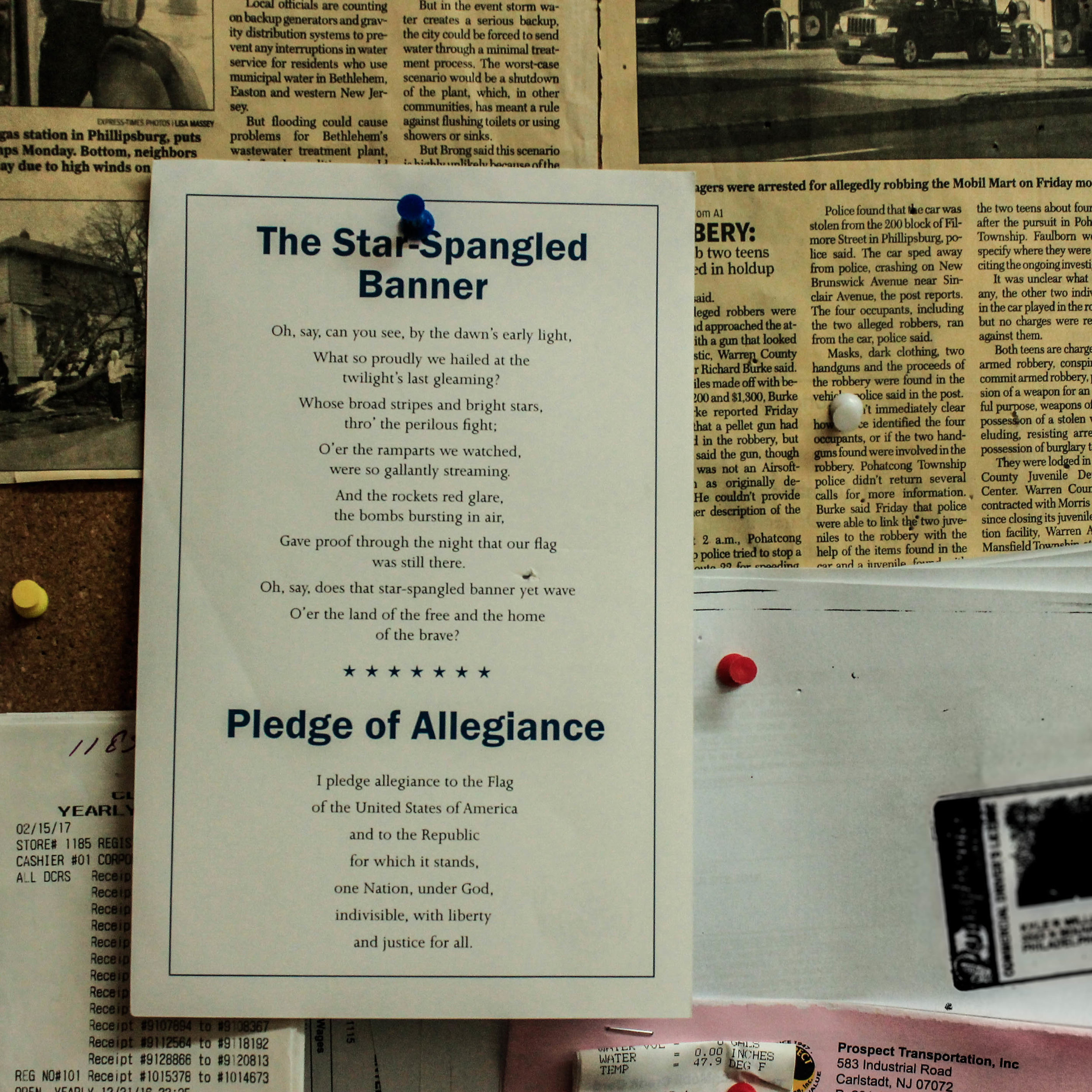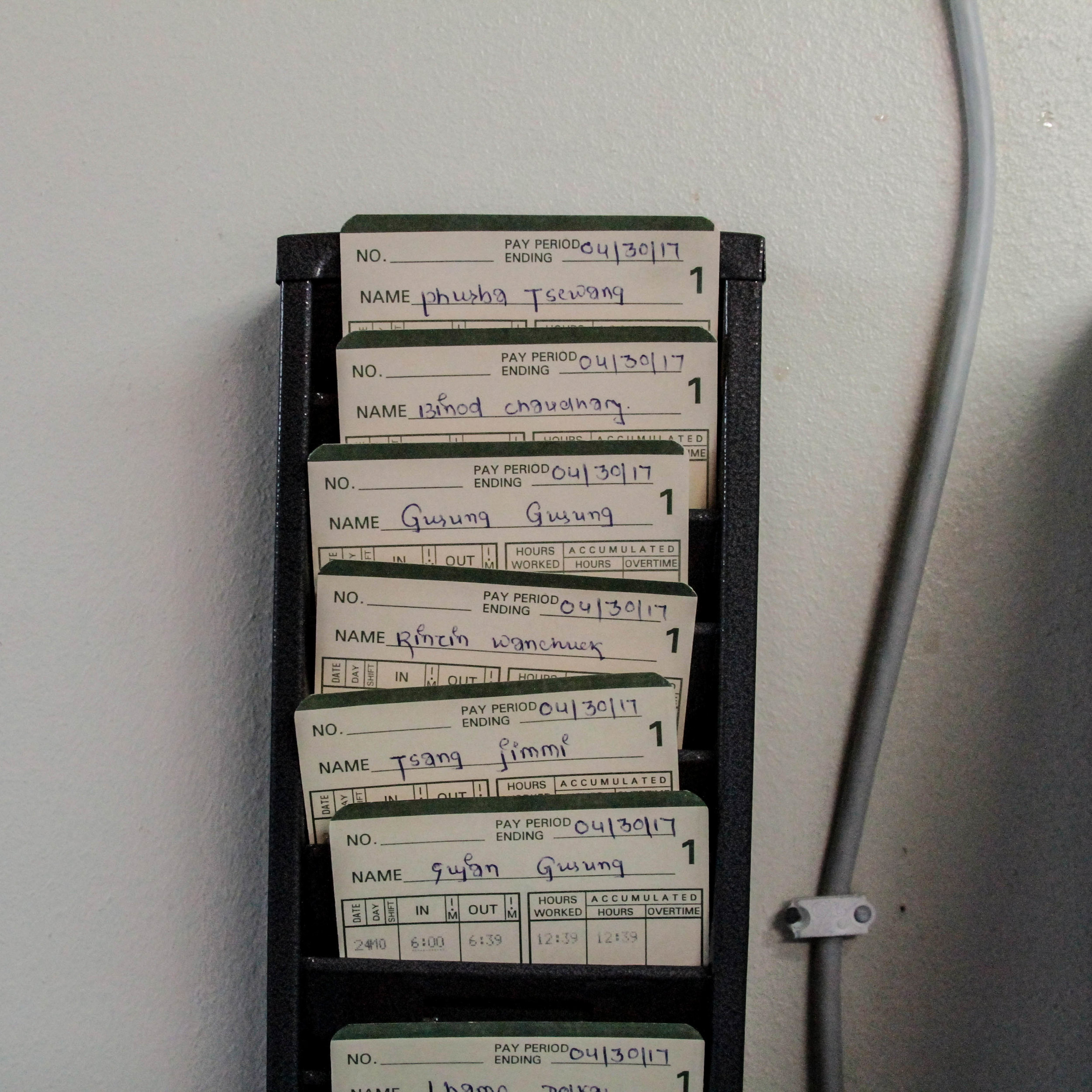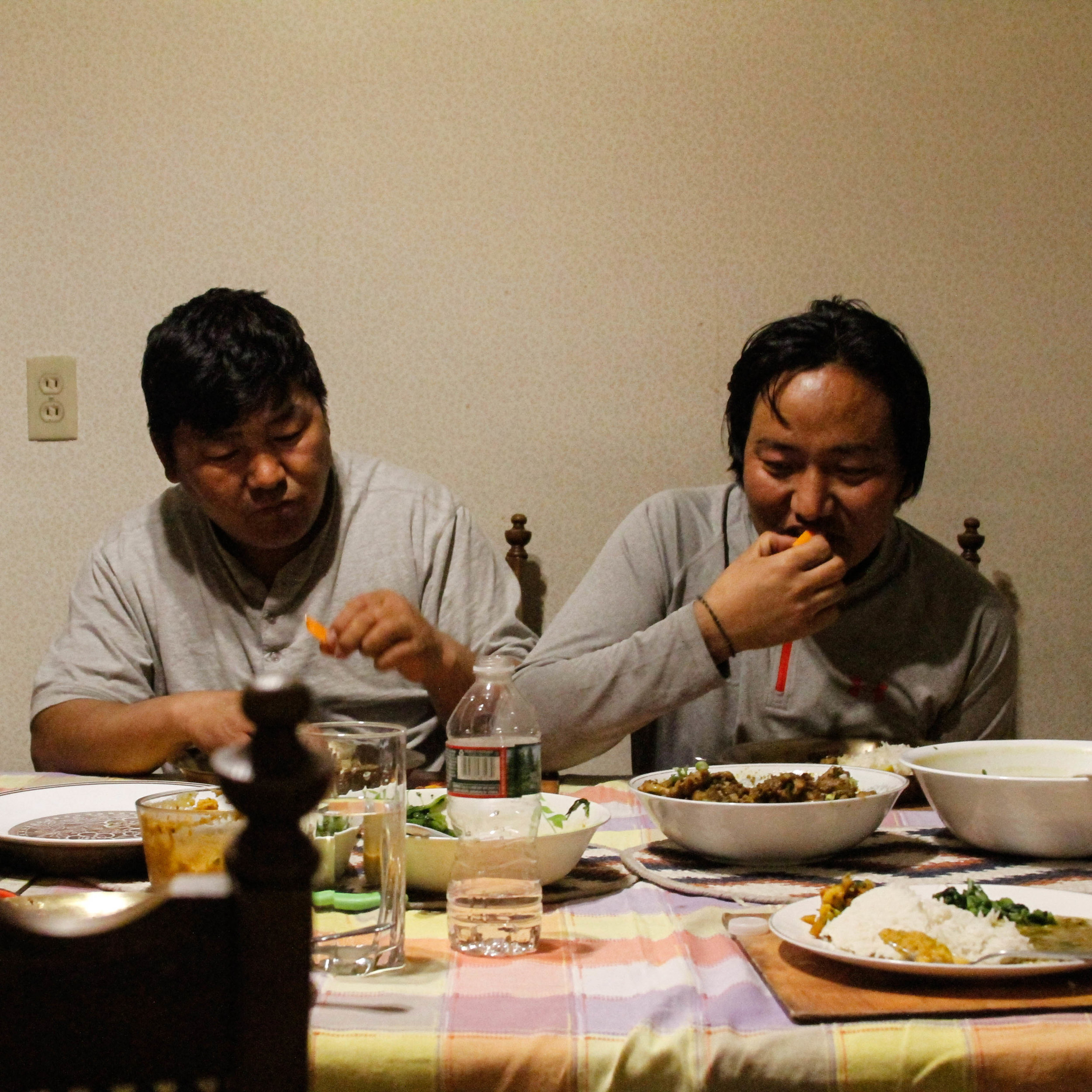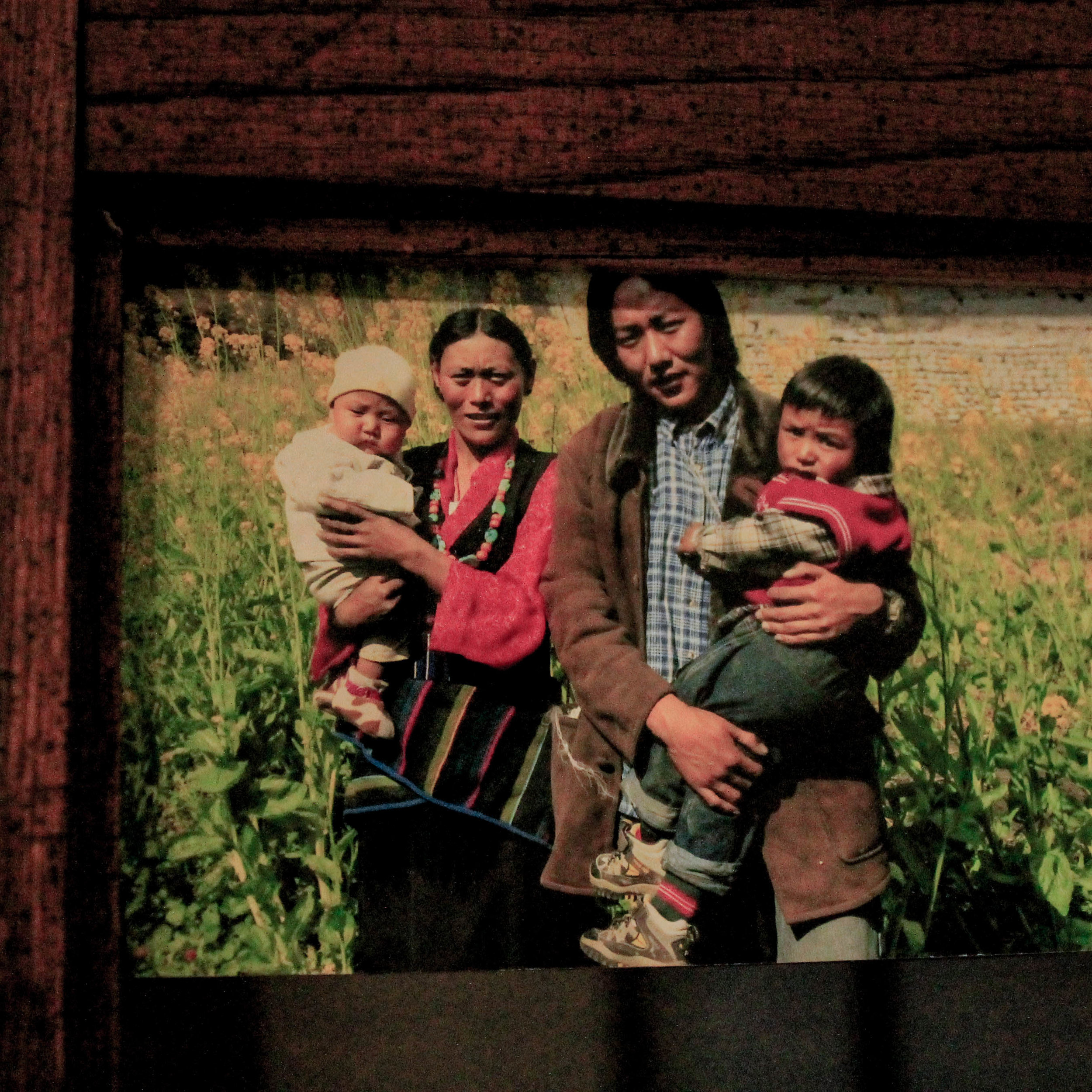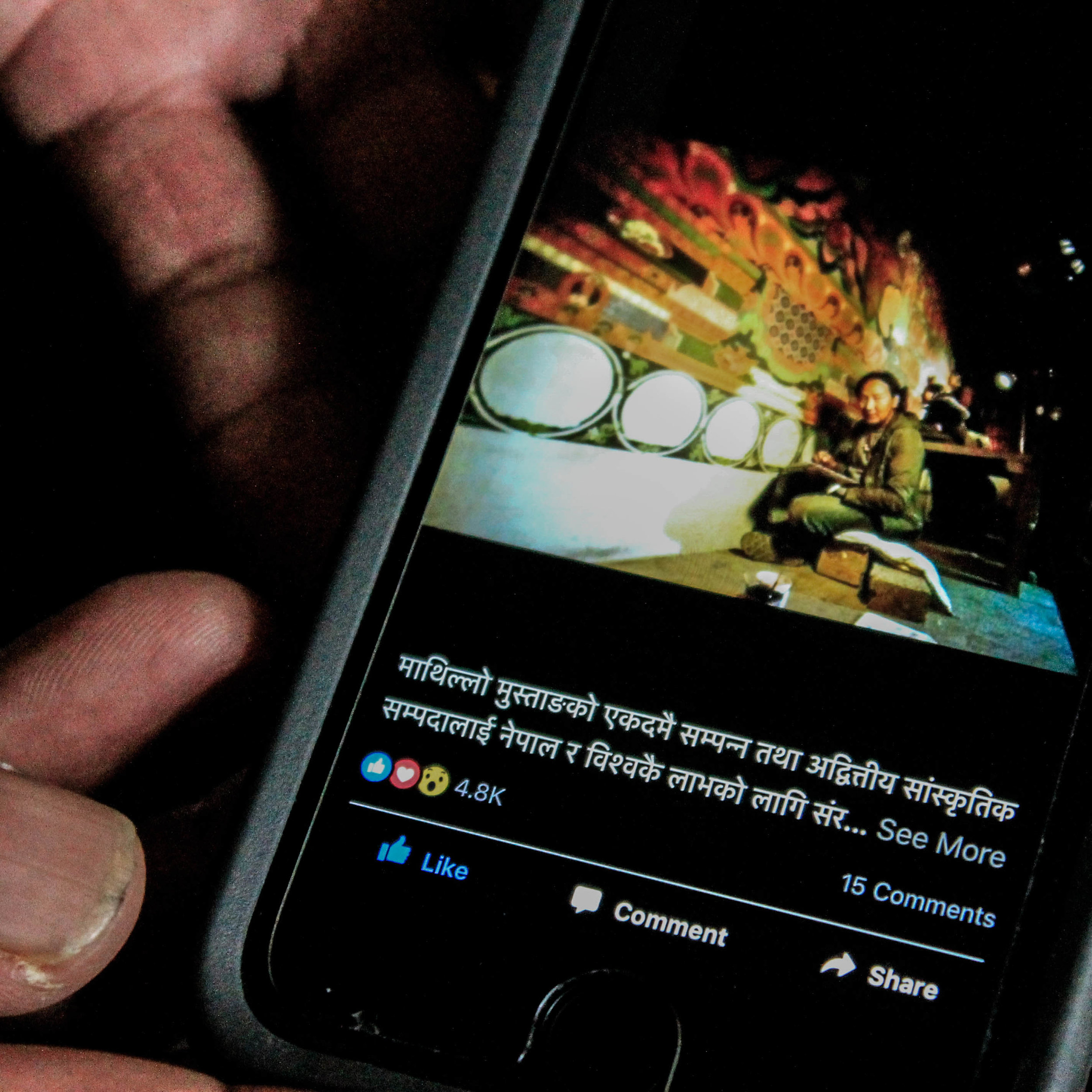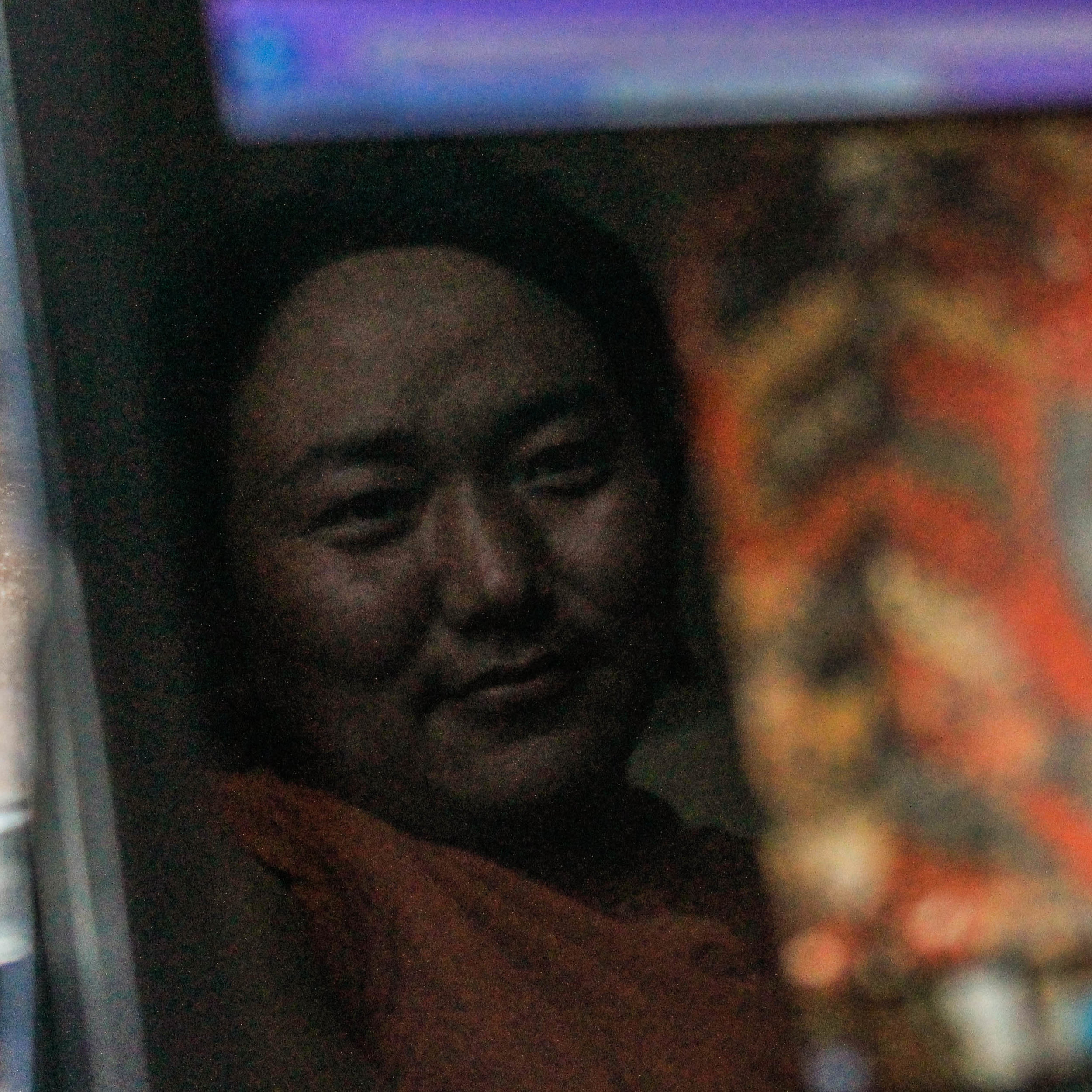Ebi et Watashi
Ebi et Watashi is a visual autoethnography that documents my family’s migration to four different cities —Kathmandu, Tokyo, Kagoshima, and Geneva— through the narratives of four women in my family.
The project, which is primarily composed of a series of video vignettes, considers how migration has shaped the linguistic and regional identities of these four women, and asks if there is a future for dying dialects in an increasingly globalizing world. Above all, it is an exploration of recent sociolinguistic trends within the Mustangi community.
Starting Over
This photo essay is part of an ongoing series about immigrants who have drastically different professions in the United States than they had in their home countries. These shifts in profession are often a result of multiple factors including non-transferrable degrees, lack of connections, and financial need.
Tsang Jigme left his family and his village lifestyle in Mustang, Nepal, to pursue a better future for his wife and three children. He also left behind a career in art conservation and restoration painting. Jigme now works at a gas station in a New Jersey town he’d never heard of before he immigrated here two years ago. Whatever money he makes he sends back to his wife and children, who are many miles and time zones away. Jigme doesn’t know when he’ll see them again or if he’ll ever have the chance to return to art conservation.






